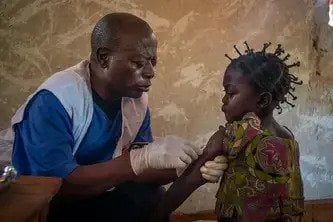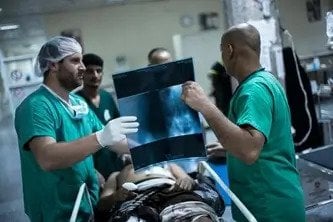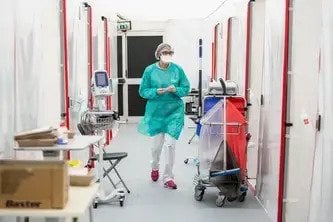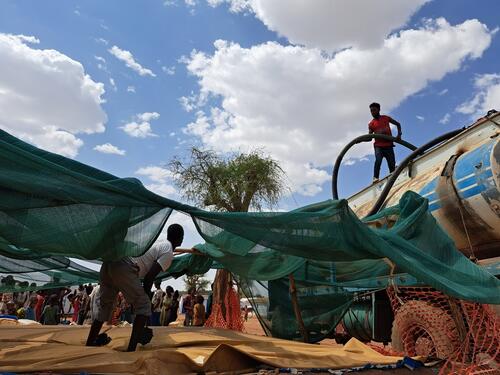We work in 10 regions of Ethiopia to deliver healthcare to people through administrative barriers and ongoing insecurity.
Our activities in 2023 in Ethiopia
Data and information from the International Activity Report 2023.
1,320
1,32
41.4M€
41.4M
1984
1984
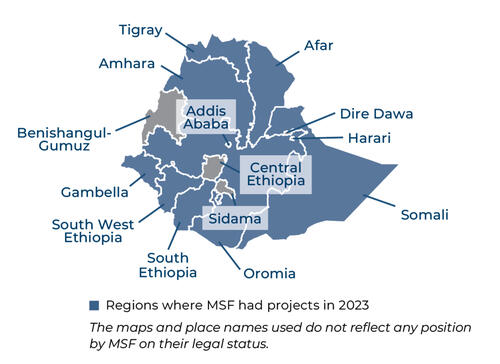

413,100
413,1
64,300
64,3
11,300
11,3

2,990
2,99
Brutal killing of our colleagues in Tigray, in June 2021
On 24 June 2021, our colleagues María Hernández Matas, Yohannes Halefom Reda and Tedros Gebremariam Gebremichael were killed while providing life-saving assistance to people in the Tigray region of Ethiopia. No one has claimed responsibility and the circumstances around their deaths remain unclear.
After more than one year of engagement with the Ethiopian authorities, we still do not have any credible answers on what happened to our colleagues that day. This brutal attack on three MSF staff is an acute reminder of the urgent need for all parties to provide assurances that humanitarian work can be carried out safely in Tigray and the rest of Ethiopia. We will continue to honour the memory of María, Yohannes and Tedros, and pursue accountability for their killings using all possible means and avenues.
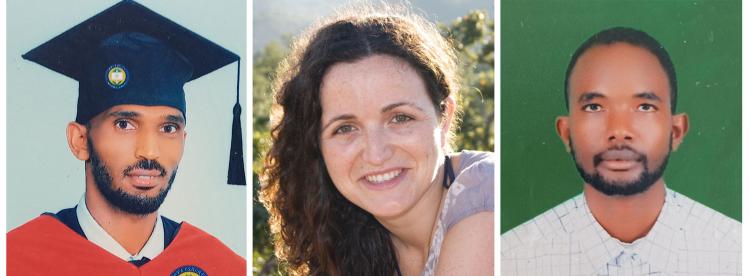
- Try a different country, year, format, or topic.
- Clear one or more filters
